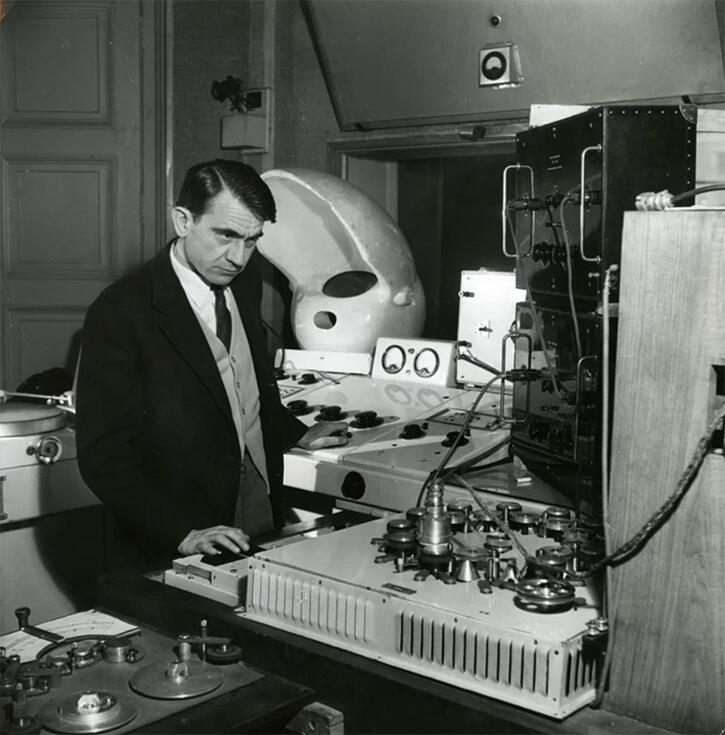This is one of those lyrics that, at first glance, seems like a simple party narrative, but is actually a profound confession wrapped in the rhythms of dance music. Listening to (or, in this case, reading) “I Took A Pill In Ibiza“, one immediately feels the dissonance: the Seeb remix is light and energetic, but the words reveal an unadulterated existential sadness. This text is not just a song; it’s a philosophical manifesto about the dark side of fame.
My view is that this lyric serves as a bitter critique of modern success culture, where external shine completely replaces internal substance. The Author, Mike Posner, uses his own experience as a litmus test to show that what looks like a dream is, in fact, a golden cage filled with emptiness.
The Pill as a Search for Validation
The confession begins with the line that became a meme, yet hides pain: “I took a pill in Ibiza to show Avicii I was cool.” I see this as more than just a description of an event; it’s a deep need for external validation. The Author, who has seemingly already achieved success, still feels the need to prove his “coolness” to other celebrities, even at the cost of his health or self-respect.
This is followed by the description of a life designed to scream success: living in LA, driving a sports car just “to prove I’m a real big baller.” He earned a million dollars and spends it on “girls and shoes.” Philosophically, this is the life cycle of hedonism, where material things and instant gratification become the sole measure of value. However, the result of this pursuit of “coolness” is emptiness: “And when I finally got sober, felt 10 years older.” The physical and emotional recoil after the euphoria is an extremely high price.
The Hidden Message: A Warning
The key philosophical turn, in my opinion, occurs in the chorus. This is not self-pity; it’s a direct, almost prophetic warning. The Author addresses the listener: “But you don’t wanna be high like me / Never really knowing why like me.” This isn’t about drugs; it’s about the constant “high” of attention and fame that masks the absence of internal purpose (“never really knowing why”).
Herein lies the true tragedy of the public figure:
- Isolation: Fame is a “roller coaster.” The real horror comes when you step off and are left “all alone.” This suggests that the entourage present during the peak was situational, not genuine.
- Mistrust: “Never knowing who to trust like this.” The constant life in the spotlight destroys the capacity for intimate, sincere relationships, as the question always remains: Is the person next to me here for the money/fame, or for me?
- Forced Role: He feels “stuck up on that stage singing.” This signifies a loss of control over his own life. The stage has turned into an obligation, not a pleasure.
The Singer Who “Blew His Shot”
The saddest and most personal moment is his self-identification. The Author is not just reflecting sadness; he classifies himself as a failure, despite the remix’s success. “I’m just a singer who already blew his shot.” This highlights how ruthless the music machine is: the success of one hit is fleeting, and once it fades, you become only a “reminder of a pop song people forgot.” His name is no longer his identity, but an epitaph to past fame.
Finally, the sharpest detail concerning personal relationships: “But the truth is I can’t open up.” He cannot keep a girl, and while he uses work as an excuse, the real reason is an emotional inability for intimacy. This is the final confirmation of his existential isolation: being open to millions on stage, he cannot open up to one person in private life.
The Epilogue of Sad Songs
Mike Posner’s philosophical message, in my view, is that true wealth is emotional authenticity and the presence of meaning, not the number of zeros in a bank account or likes on social media. He sings that, ultimately, regardless of the luxury and parties, “All I know are sad songs, sad songs.”
These “sad songs” are his true face. They are a testament that success bought at the cost of peace of mind and genuine relationships will always leave the singer “stuck up on that stage,” singing only of his own loneliness. This is a painfully honest lyric that forces us to consider whether we truly want “to be high like him.” The song’s answer is an unambiguous, emphatic “no.”
P.S If this analysis of isolation and the search for authentic connection resonated with you, consider exploring a song about finding completeness. Read our deep dive into the contrast: Song Analysis: Symphony by Clean Bandit ft. Zara Larsson.






